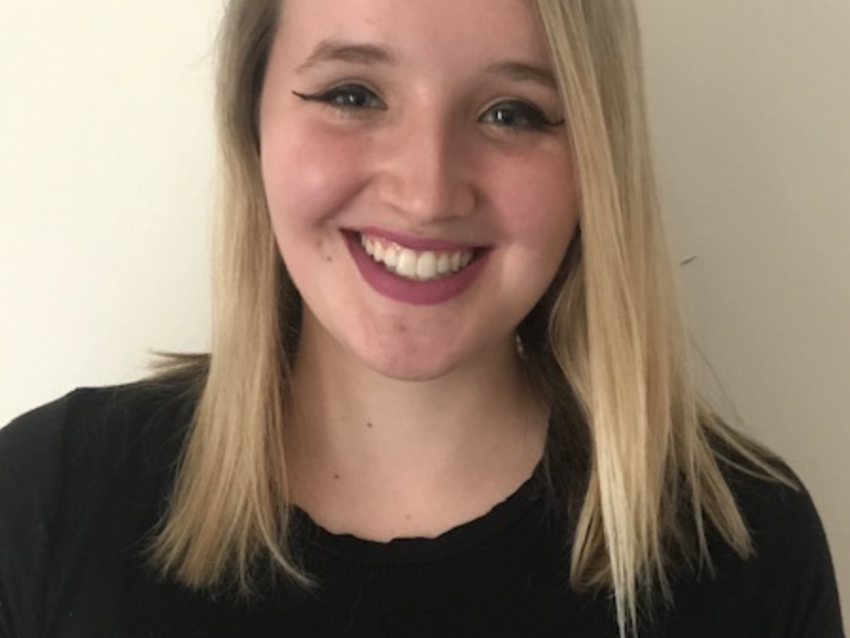
Summer Research Fellow Spotlight Lydia Pack
"Children with symptoms of ADHD struggle to remain attentive, or to contain their hyperactivity and impulsiveness. These symptoms are associated with difficulties within both academic and social domains relative to children without these symptoms. Academically, children with ADHD symptoms on average earn lower grades, are more likely to have to repeat a grade, and are less likely to graduate from high school. I am working as part of an ongoing study that is comparing the effects of interventions designed to address difficulties in narrative comprehension and social problem solving often experienced by children with ADHD symptoms. Two interventions will be the focus for my project: the Problem Solving (PS) intervention and the Narrative Structure (NS) intervention. Both interventions consist of fifteen 90-minute afterschool lessons that address objectives within their respective domains. My hypothesis is that each intervention will be most beneficial to children at-risk for Attention Deficit Hyperactivity Disorder (ADHD) in relation to the intervention’s specific objectives. That is, the Problem Solving (PS) intervention will produce the most change on measures of social problem solving and emotion regulation, whereas the Narrative Structure (NS) intervention will produce the most change on measures of narrative comprehension."
Q: How did you first get interested in undergraduate research at UK?
A: "I started out being involved on a research project my freshman year with a really interesting study into lemur gut microbiomes, and ever since, I have been really interested in research."
Q: How long have you been engaged in undergraduate research?
A: "Since spring semester of my freshman year."
Q: Describe what a typical day of remote summer research activity looks like for you. How does this differ from your pre-COVID research activity?
A: "Most of my research right now is coding data that was taken previously from school settings, as we are unable to go into schools right now. However, I also read articles relevant to our current projects and learn more about the project I am working on."
Q: What has been the most exciting aspect of your research so far?
A: "I enjoy learning about the field of ADHD through my mentor, the articles I read, and the coding I do. The responses that children give sometimes can be incredibly funny!"
Q: What advice would you give to other UK students thinking about doing research?
A: "Do it! Not only does it give you so many experiences and connections, but particularly if you research into something you are interested in, it will open your mind."
The UK Office of Undergraduate Research's Summer Research & Creativity Fellowship program provides undergraduates with the opportunity to study in a wide variety of disciplines while doing intensive and self-directed research under the supervision of a faculty mentor.